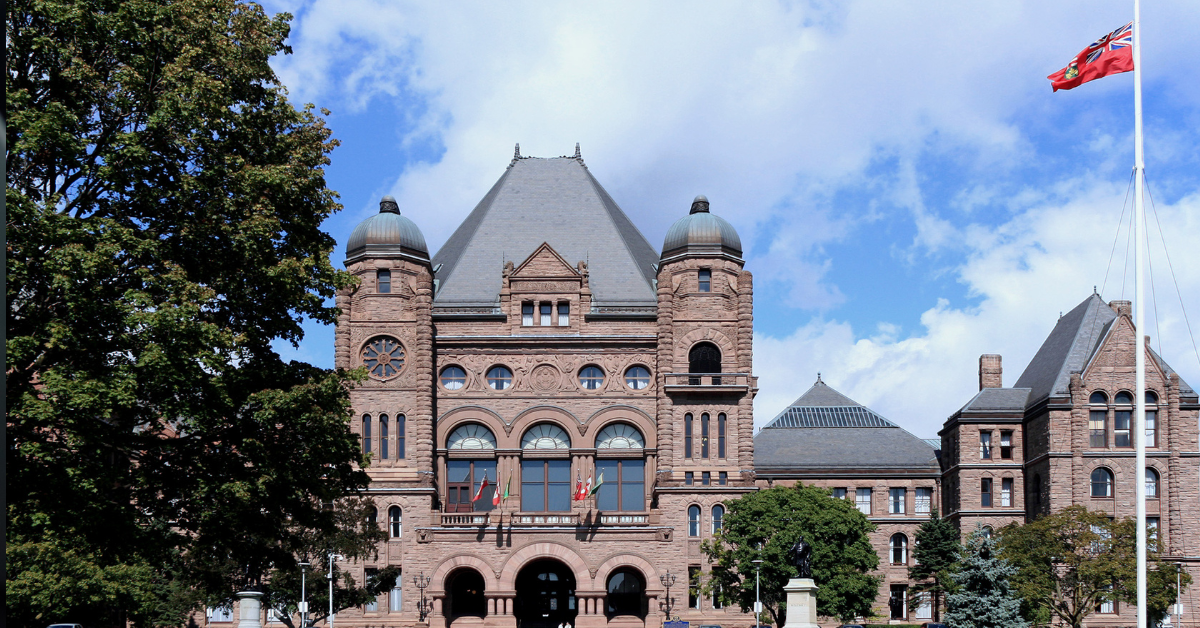Prior to 2016, reporting the sale of a principal residence was not required on your personal income tax return. With increased CRA scrutiny in this regard, sales of principal residences must now be reported or you could be assessed penalties of as much as $8,000. If you sold your principal residence in 2017, you must complete Form T2091 “Designation of a Property as a Principal Residence by an Individual” along with a carryover requirement to report the disposition on Schedule 3. Previously, this form only had to be filled out if the property was not a principal residence. If there is a gain to report, you may still qualify for the principal residence exemption to eliminate some or all of the resulting income taxes. Only principal residences qualify for the principal residence exemption and these reporting measures are designed to ensure only those entitled to the exemption can claim it.
What is a principal residence?
A principal residence can be a house, cottage, condo, apartment, trailer, mobile home or even a houseboat. To qualify as a principal residence you must:
- Own the property alone or jointly with another person
- You, your spouse, common-law partner or any of your children lived in it at some point during the year
- Designate the property as your principal residence
- Only have one principal residence at a time
What is the principal residence exemption?
The principal residence exemption, or PRE, means that you do not have to pay tax on capital gains realized when you sell a home that was designated as a principal residence for the entire time you owned it.
What if I forgot to claim it last year?
If you forgot to report the sale of a principal residence, you need to amend your tax return for that year as soon as possible. Late reporting may be accepted in some cases but penalties may be applicable.
What are the penalties?
If you omit making a designation of a principal residence in the year of the sale, there may be a penalty of $100 for each complete month late in reporting to a maximum of $8,000. In addition, a late filed T2091 may increase your risk of being subject to a CRA audit. You can see further information about Principal Residence Tax Rules here. Please review any questions you may have on this matter with your Bateman MacKay LLP tax advisor.





